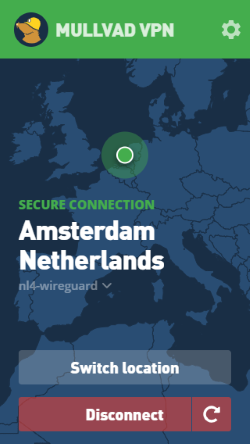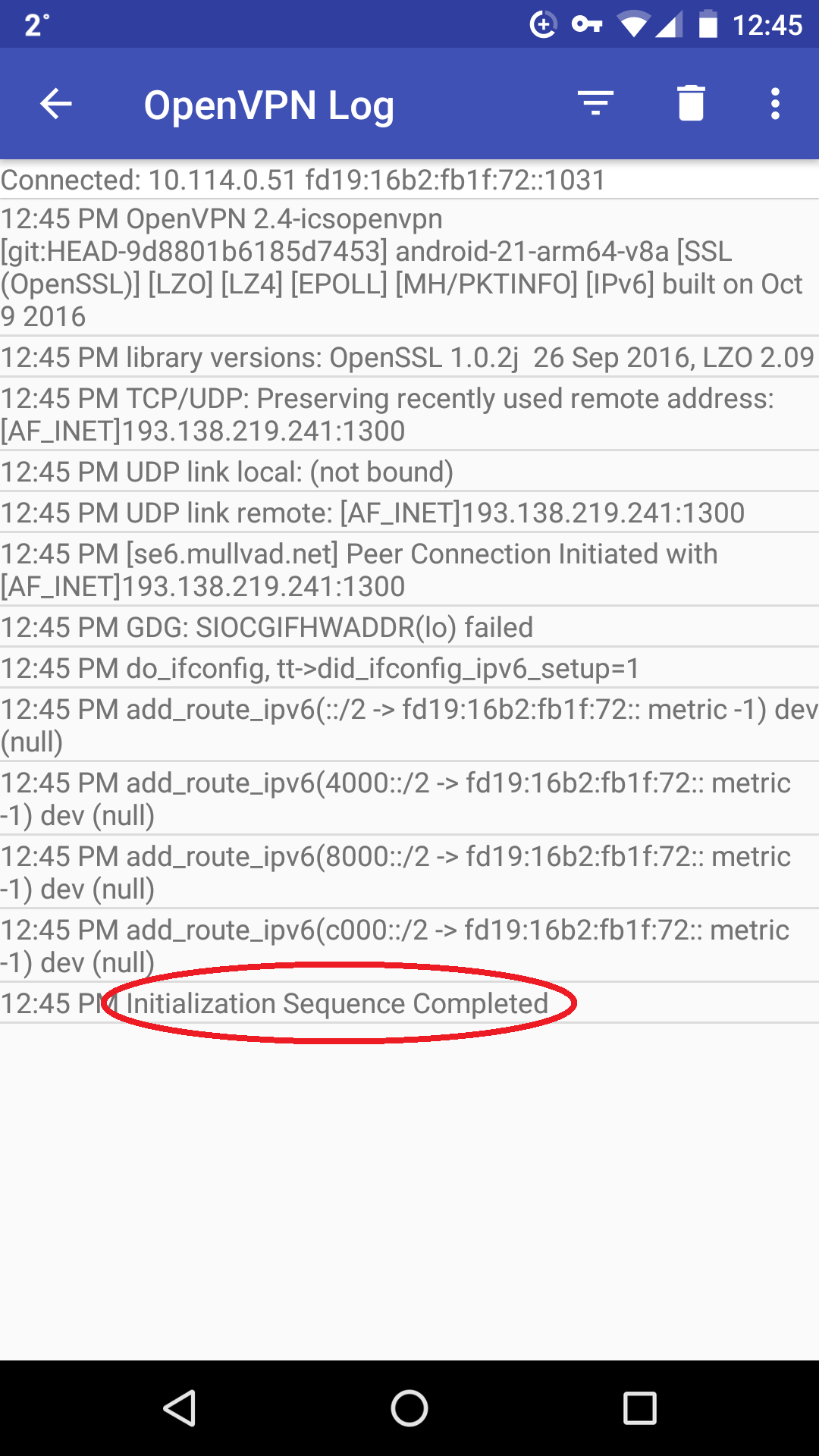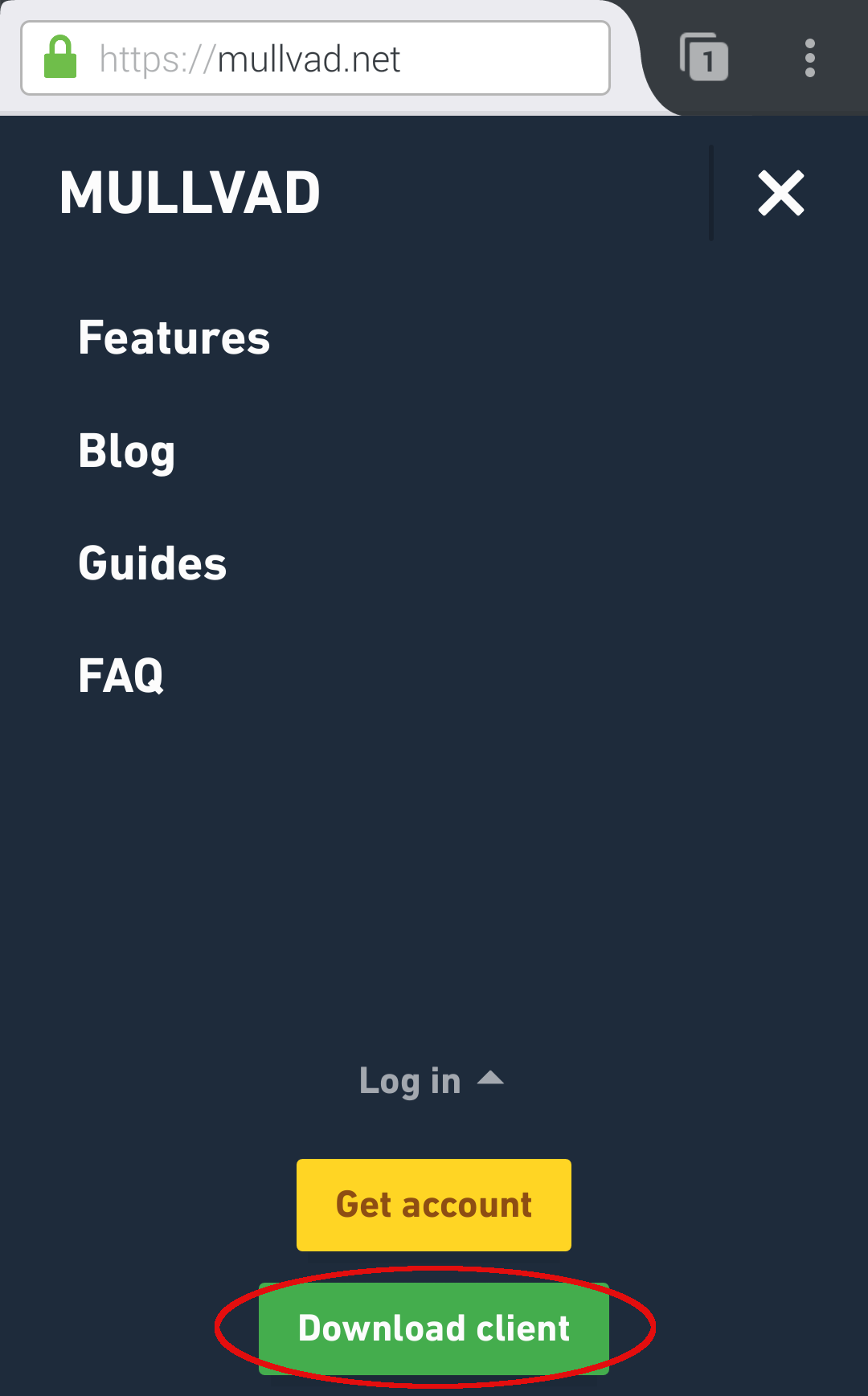

“So most users will want the captive portal check to happen and allow them to display and use the portal. See More: Built-in iOS VPNs Leaking Traffic Data From Over Two Years Ago

If for instance there is a captive portal on the network, the connection will be unusable until the user has logged in to it,” Mullvad VPN wrote Opens a new window.

#Mullvad android android
“We understand why the Android system wants to send this traffic by default. Split tunneling can also leak a part of the traffic over the underlying network, Google pointed out. To perform these checks, Mullvad VPN discovered that Android sends data outside the secure tunnel that shields users from the internet.īlock connections without VPN is an Android setting designed to prevent this, which may happen during connectivity checks. When an Android device connects to a public network, it performs certain checks before successfully establishing a connection. “ We do not think such an option would be understandable by most users, so we don’t think there is a strong case for offering this.” “We have looked into the feature request you have reported and would like to inform you that this is working as intended,” a Google engineer told Mullvad VPN on the search giant’s issue tracker page Opens a new window. Mullvad VPN noted that the bug (Google argues it is a feature) is built into Android. The Europe-based VPN service provider said that enabling Always-on VPN and Block connections without VPN doesn’t help either. According to a security audit by Mullvad VPN, leaking a small amount of data is inherent to the mobile operating system, something that third-party VPNs cannot prevent or control. Android devices with a VPN purposefully leak some traffic, including IP addresses and DNS/HTTP(S) requests, when connecting to a wireless network.


 0 kommentar(er)
0 kommentar(er)
